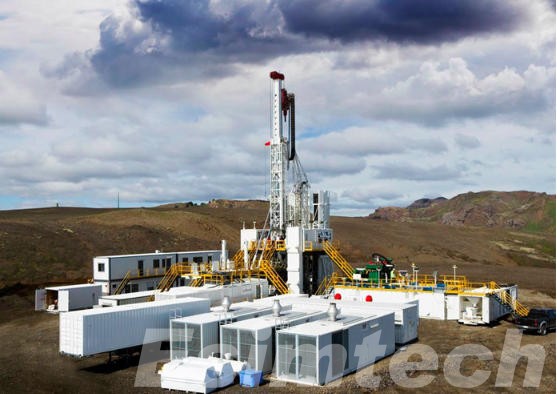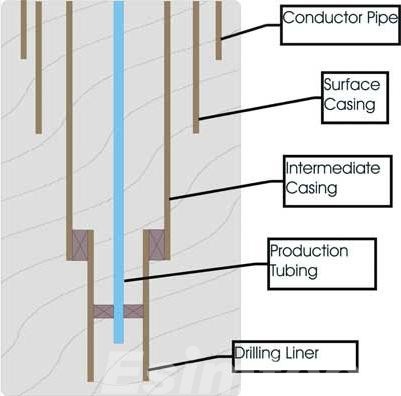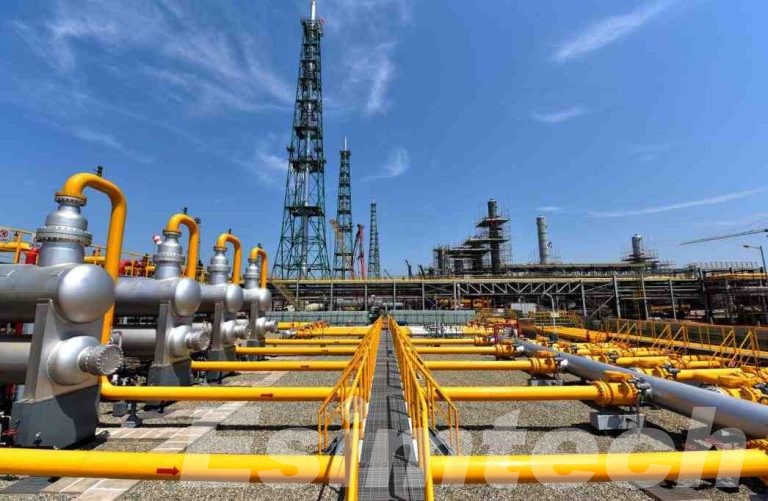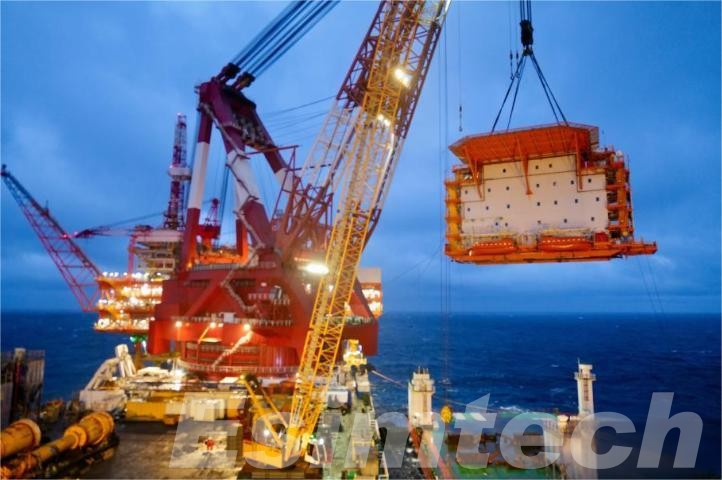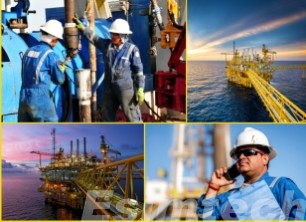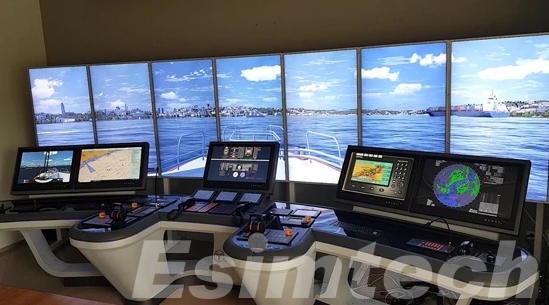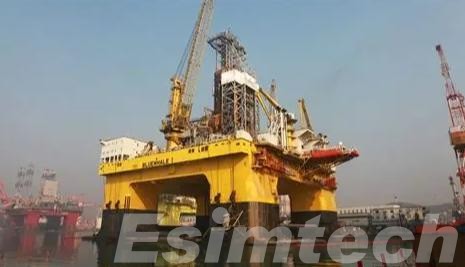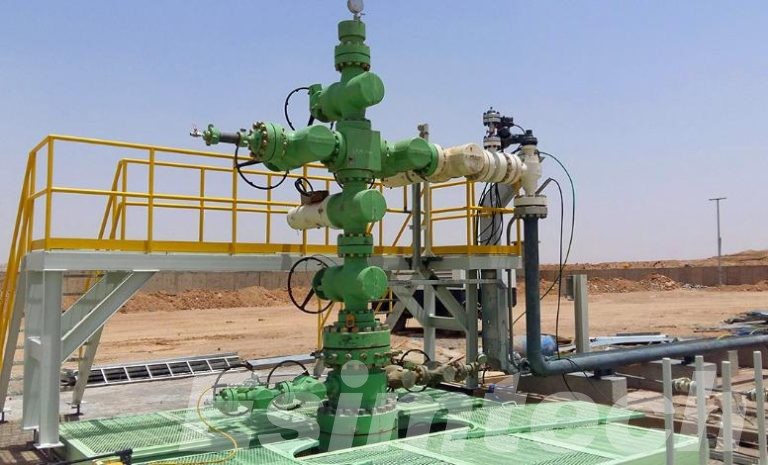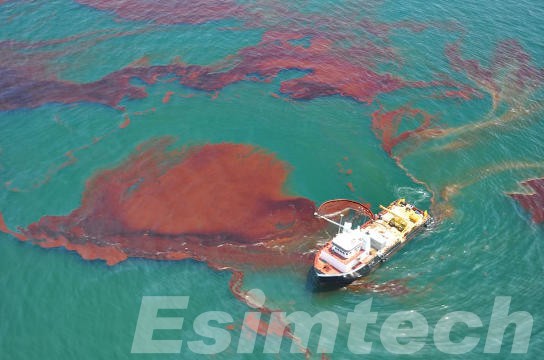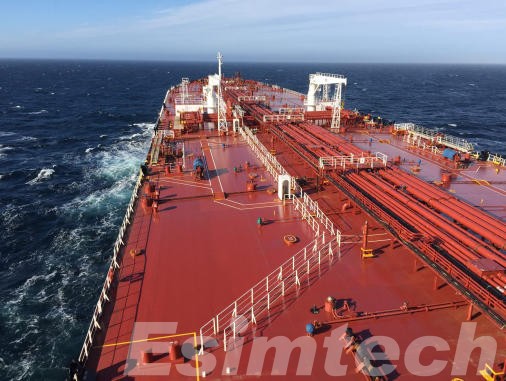How Geothermal Drilling is Used in the Oil and Gas Industry
Geothermal drilling is gaining attention in the oil and gas industry, even though it is primarily considered part of the renewable energy sector. Geothermal energy is seen as a potential ally for traditional oil and gas operations. Due to technological improvements and the oil and gas industry’s incessant quest for new energy sources to enhance operational…

